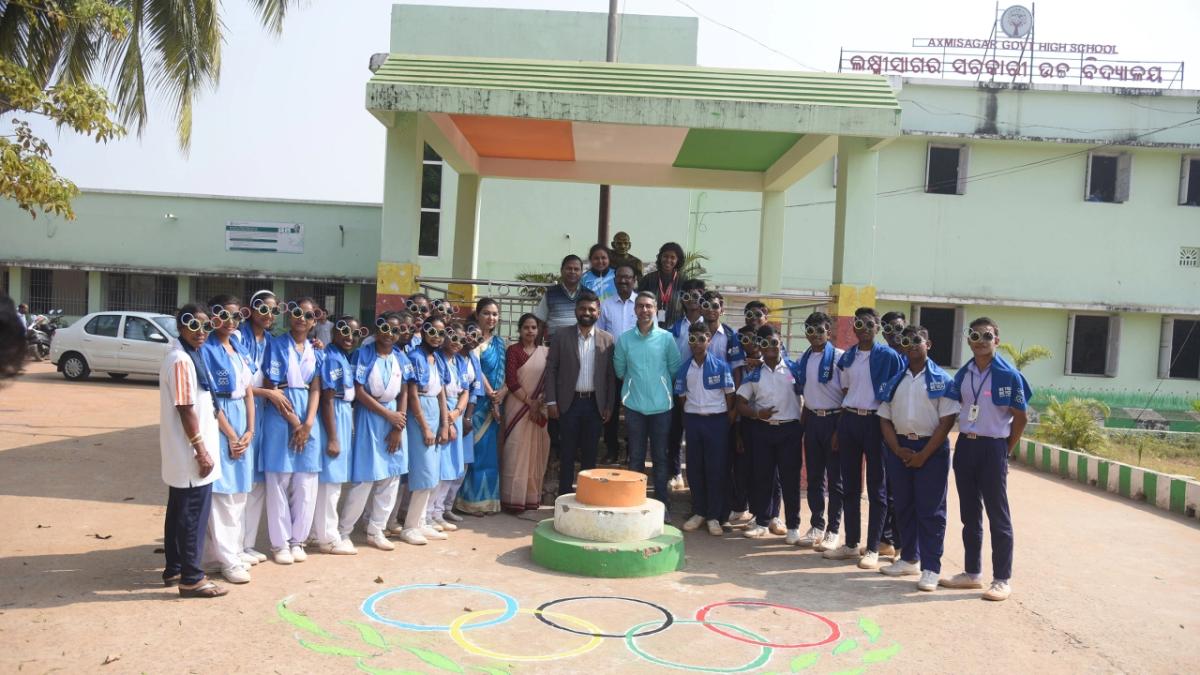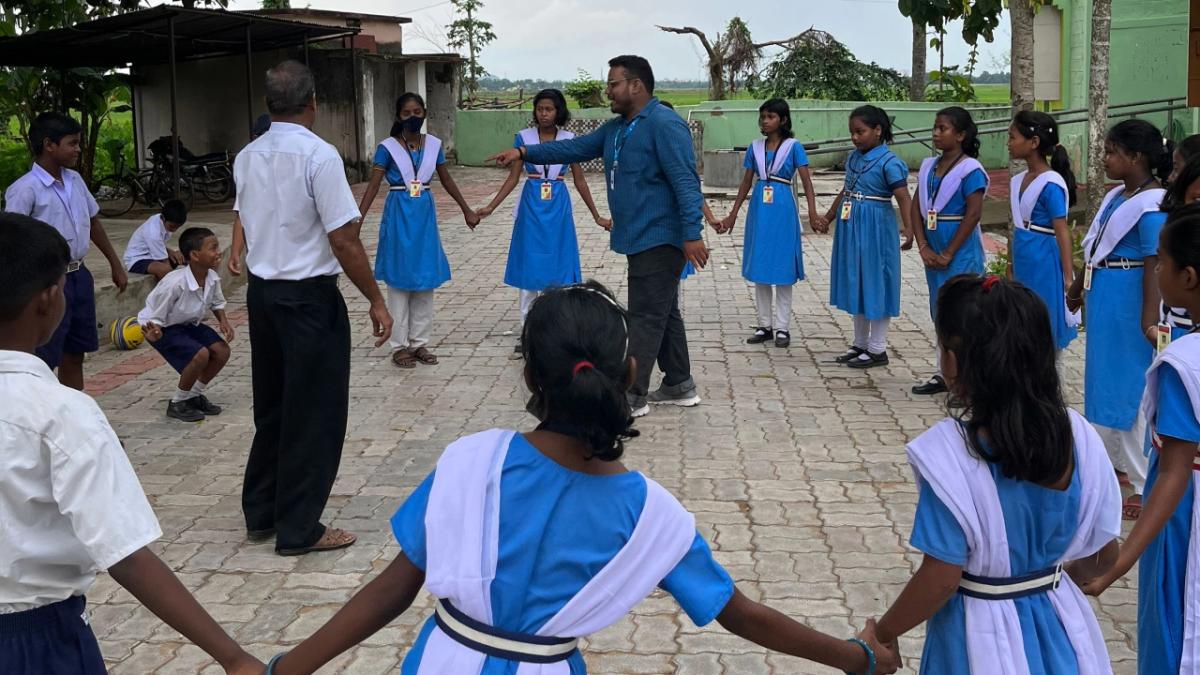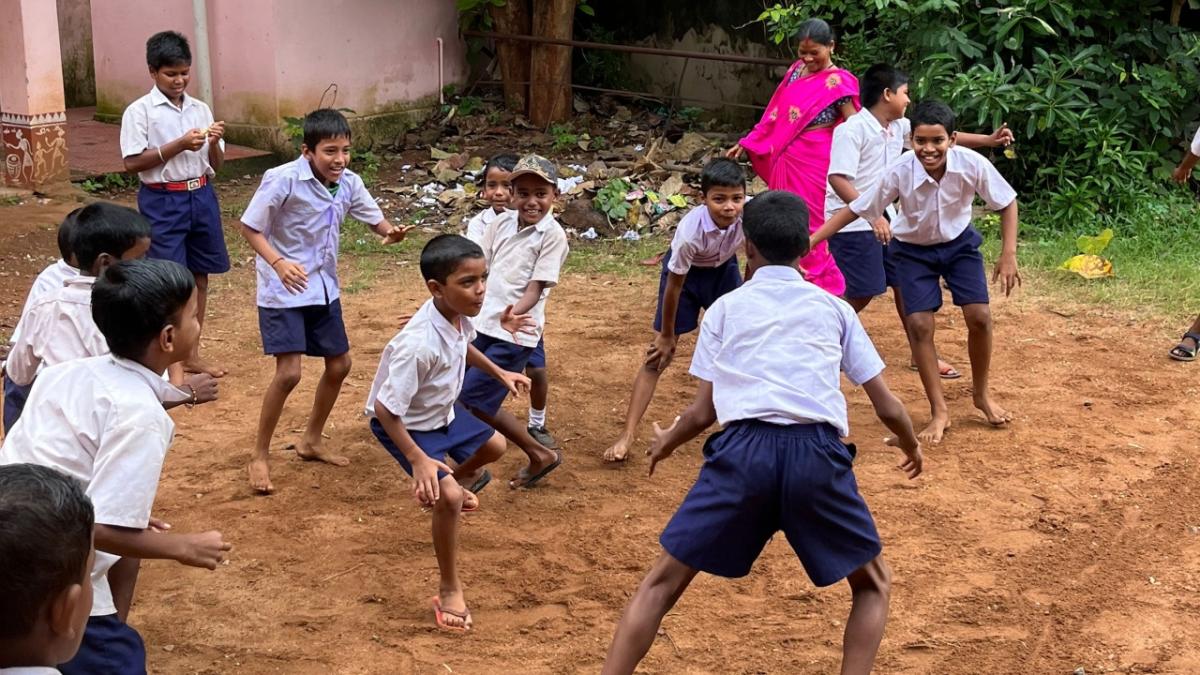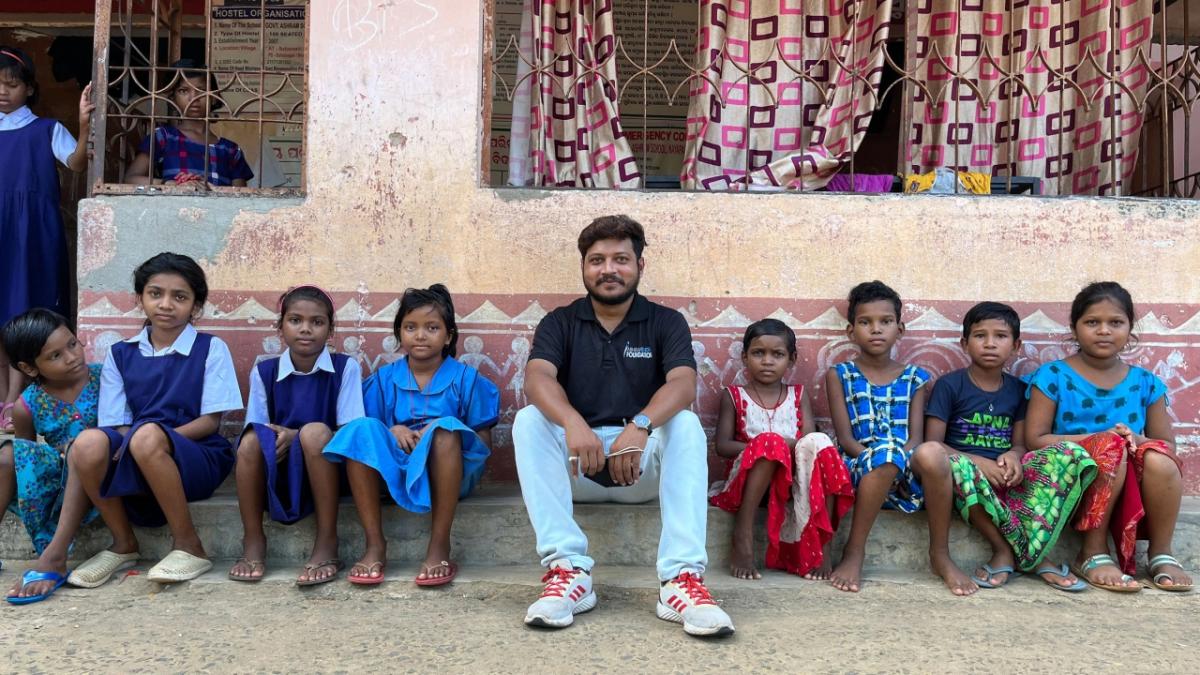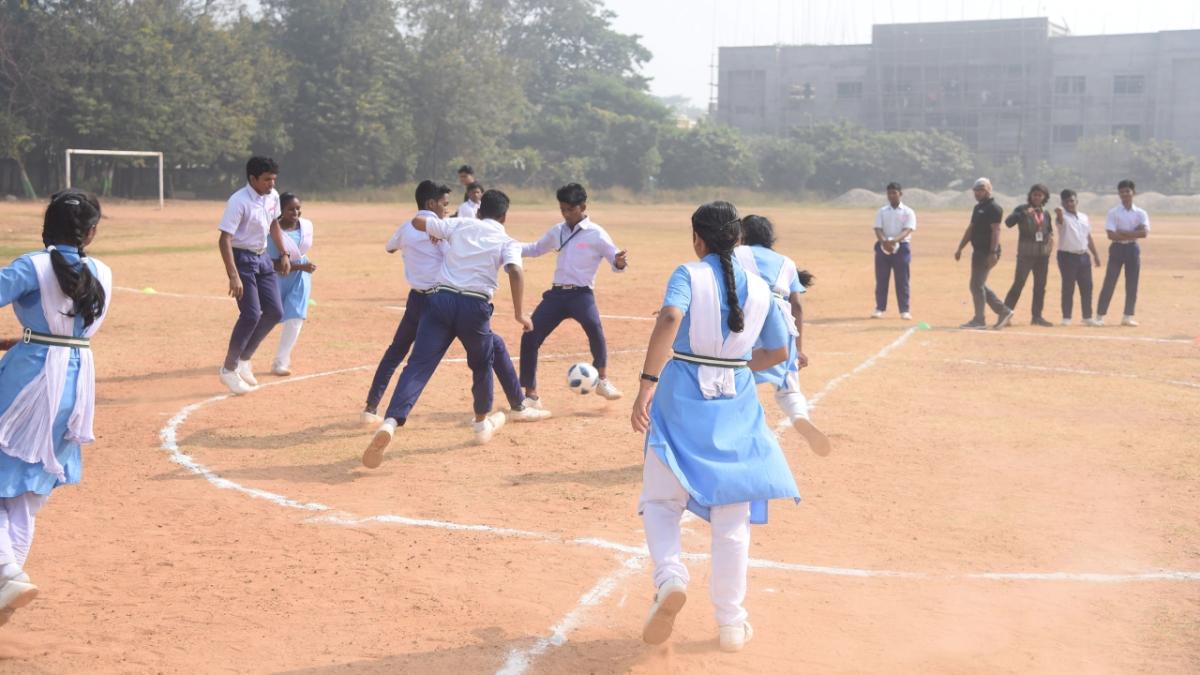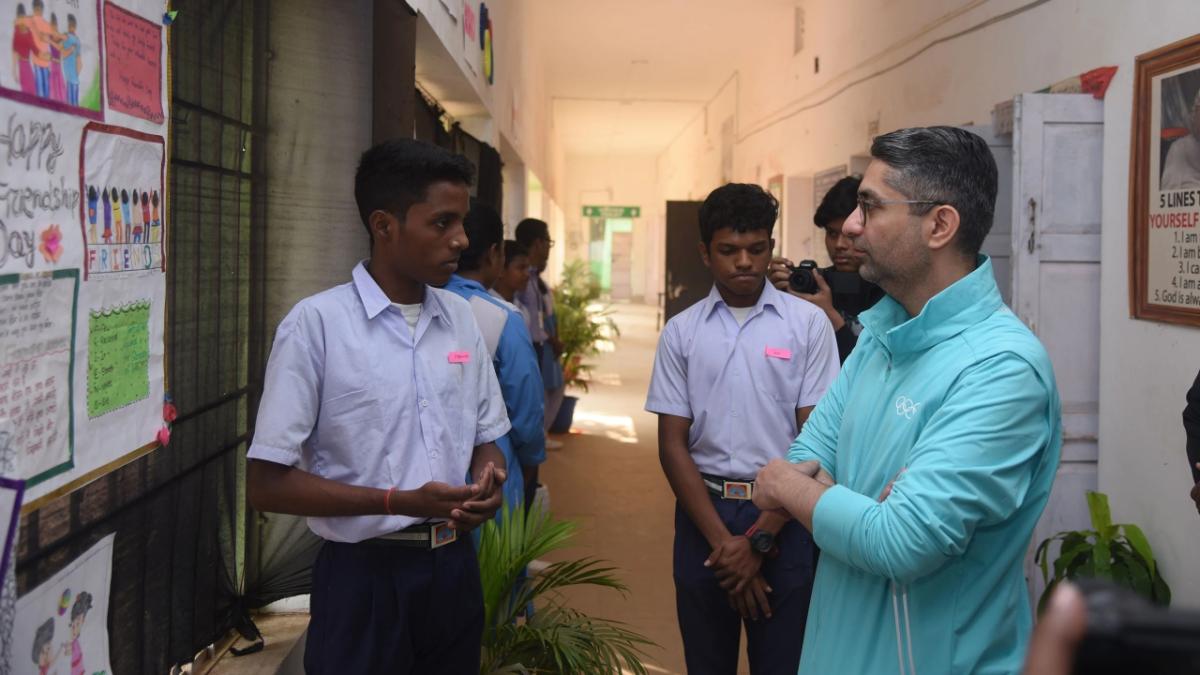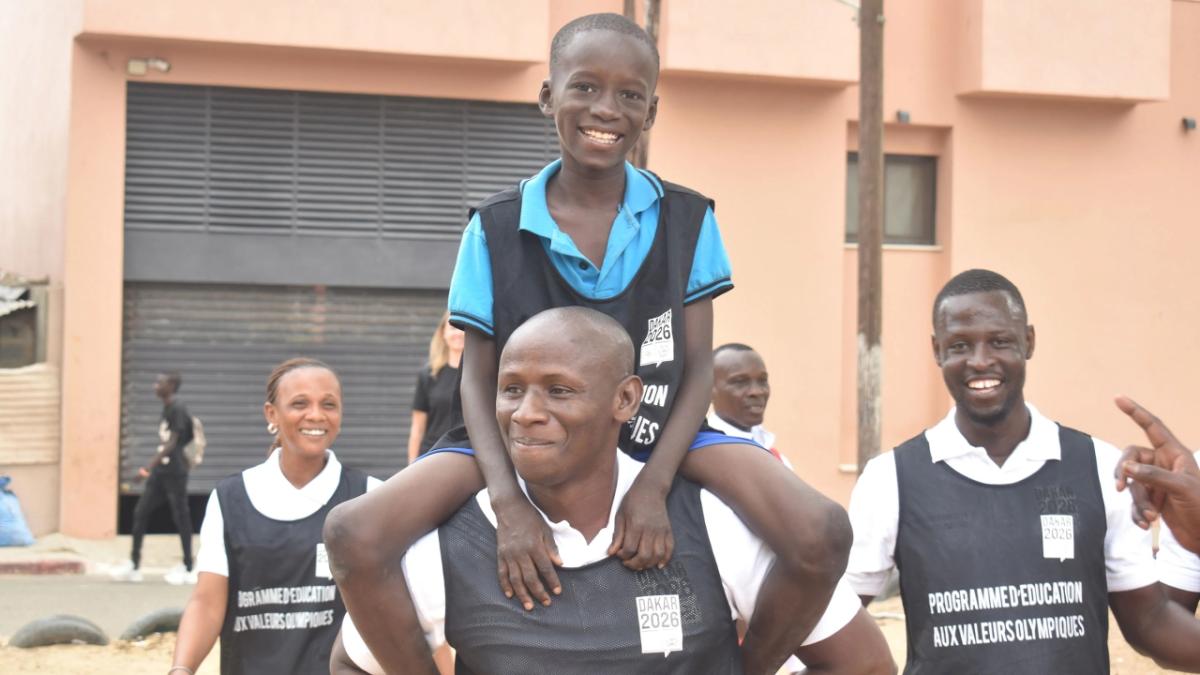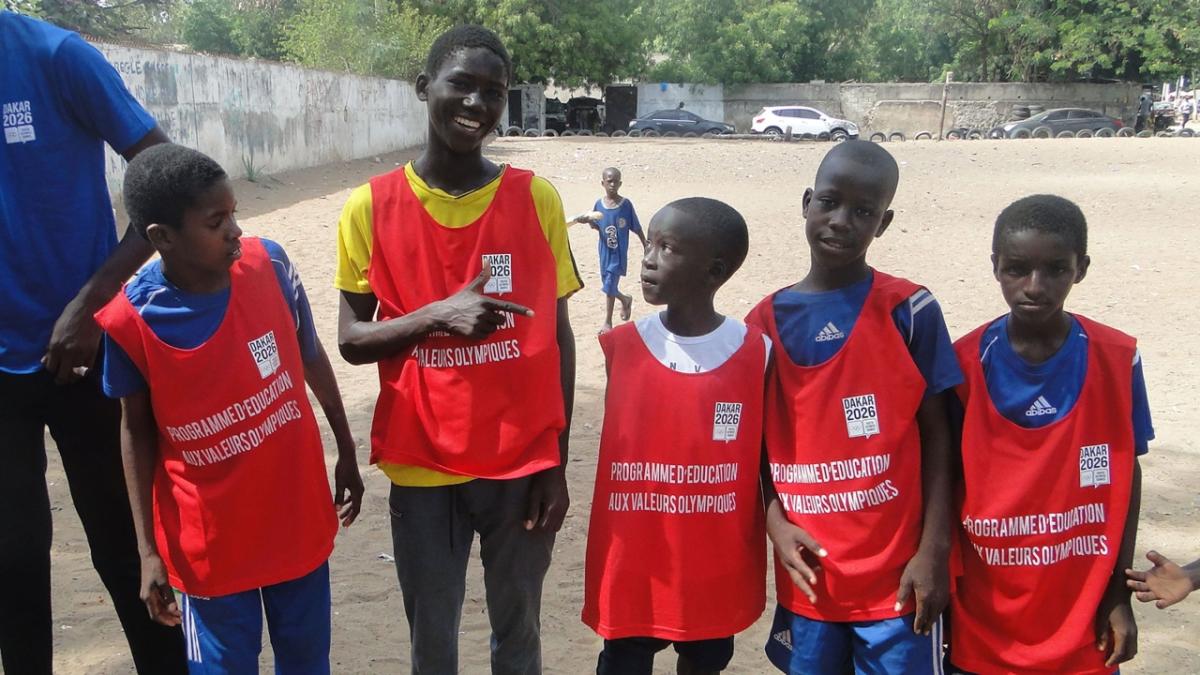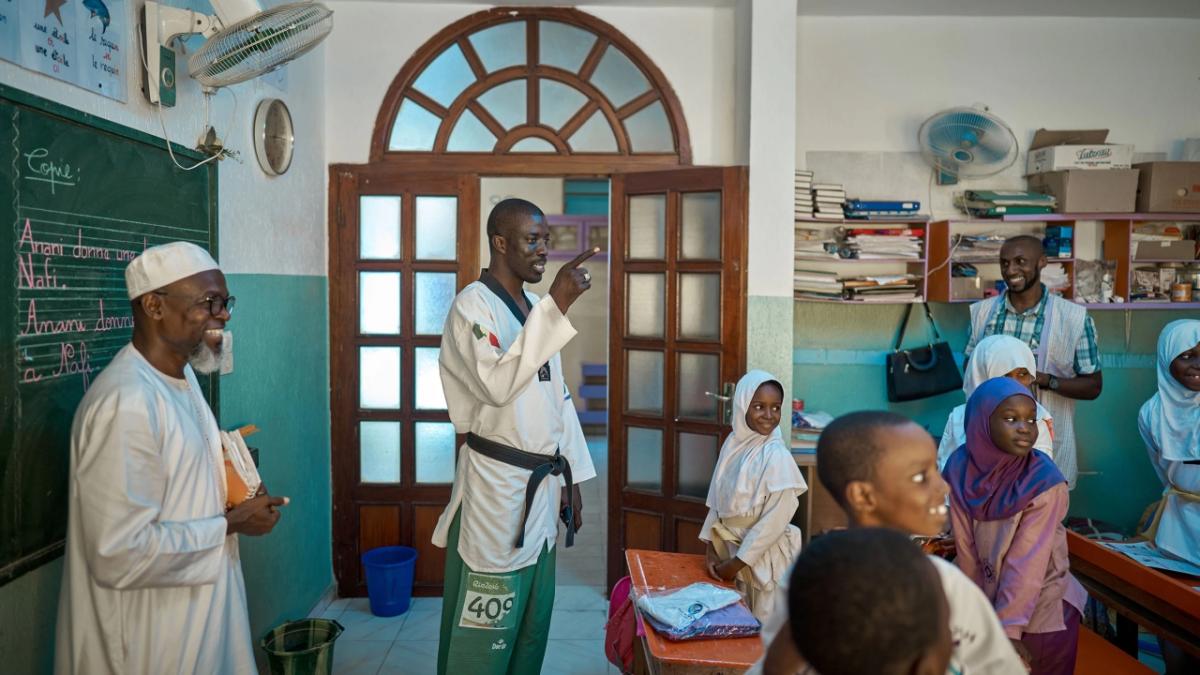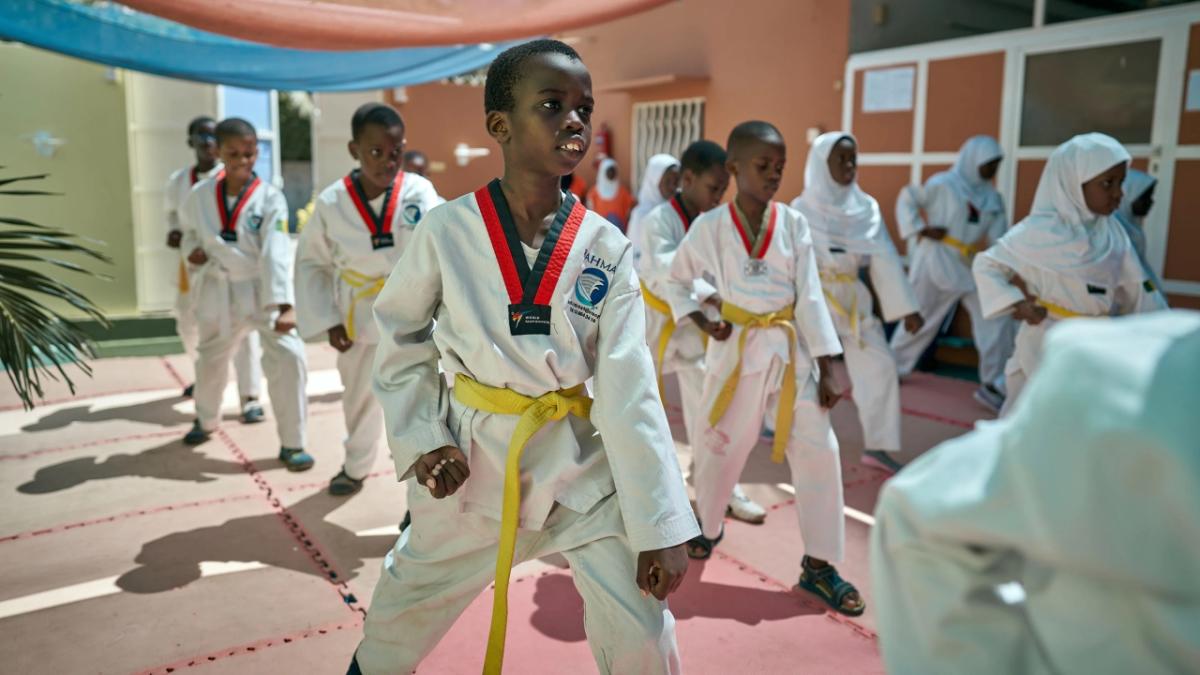Olympic Values Education Programme Introduces More Girls to Sport in India, and Prepares Volunteers for Dakar 2026
International Olympic Committee news
The Olympic Values Education Programme (OVEP) launched in India and Senegal earlier this year is creating a positive impact, with a marked increase in attendance in some schools in India, and a new programme to scout volunteers for the Youth Olympic Games Dakar 2026.
With the Olympism-themed curriculum being integrated into the school education system in the state of Odisha in India, 32,000 children enrolled in 90 schools have already benefitted from the programme, leading to spikes in attendance and girls participating in sport. One such example is at Vidyanagari Government Primary School, where student attendance grew by an average of 12 per cent in the first three months since the launch of the programme.
“The revised teaching methodology incorporating the Olympic Values Education Programme has been a game-changer for my school,” said Chanchla Kumari Barik, a 50-year-old teacher who has always had a keen interest in sport. “The programme has resulted in an increase in school attendance. OVEP has provided me with a special tool that helps to engage students.”
At Laxmisagar Government High School, located in a remote village, it was common practice for girls to remain in the classroom while boys participated in physical education classes. However, since the introduction of OVEP, the trainers have been advocating mixed-gender activities and games, encouraging girls to be selected in teams and play along with boys. Girls have also displayed leadership in various co-curricular activities in the school, including becoming captains of teams and taking the initiative more in classroom activities.
One of the first major International Olympic Committee (IOC) projects to be implemented in India, OVEP is being delivered in partnership with the Government of Odisha’s Department of School and Mass Education and the Abhinav Bindra Foundation Trust (ABFT). A 90-day report was recently presented during the IOC Commissions Cluster in November.
“India has emerged as one of the world’s youngest countries, with 58.7 per cent of the population below the age of 29,” said Abhinav Bindra, India’s first individual Olympic gold medallist, a member of the IOC Athletes’ Commission and the founder of the ABFT.
Experiencing sport to develop values, stay active and follow role models can initiate a lifelong journey for young people.
Abhinav Bindra
India’s first individual Olympic gold medallist
“Interest in sport has increased rapidly over the past few years among the younger population, but only a small percentage of these young people will participate, and showcase their talent, in major competitions. For a larger percentage, they need something they can connect with and apply to their daily lives. In this regard, experiencing sport to develop values, stay active and follow role models can initiate a lifelong journey for young people. To build a stronger, inclusive and peaceful society, it is imperative to continue building interest and engagement by leveraging the power of sport.”
Once in full swing in India, the programme will reach around 29 million children.
Over in Dakar, Senegal, a “Brevet Olympique Civique et Sportif” certificate was initiated during the Dakar en Jeux festival held in October, aimed at teaching schoolchildren about the Olympic values as part of their allocated civic education classes in school. The goal is also to identify potential Youth Olympic Games volunteers for 2026 and grant a label to the schools taking part in the programme.
“Education on the Olympic values is a relevant legacy that young Senegalese have begun to benefit from, and one that will continue beyond the Youth Olympic Games Dakar 2026,” said Cécile Faye, Director of the National Olympic Academy of Senegal (ANOS). “By succeeding in making Senegalese youth live by the fundamental Olympic values of friendship, excellence and respect, we will contribute to building a better world.”
The OVEP roll-out in Senegal was also part of the first Dakar 2026 initiatives that were launched in May this year, with 60 future OVEP implementers taking part in a training course to help them develop their own educational programmes around the Olympic values. Since then, 70 more teachers from all over Senegal have been trained.
“With the initial success of the Olympic Values Education Programme in India and Senegal, we can confidently say that we are really looking forward to bringing the Olympic Movement and its transformational values to millions of children around the world,” said Angelita Teo, Director of the Olympic Foundation for Culture and Heritage, which leads the programme.
“In 2023, a national roll-out for Senegalese schools will begin early in the year, with the aim of reaching 1.5 million schoolchildren by 2026, and in India, another state will join Odisha in incorporating OVEP into its school curriculum. There is much to look forward to.”
The Olympic Values Education Programme
The Olympic Values Education Programme is a series of free and accessible teaching resources created by the IOC, to complement academic curricula using the context of Olympic sports and the core principles of Olympism. Participants are encouraged to experience values-based learning and to assume the responsibilities of good citizenship. OVEP communicates the long-term benefits of sport and physical activity through an understanding of Olympism and its impact on individual health, enjoyment and social interaction.

